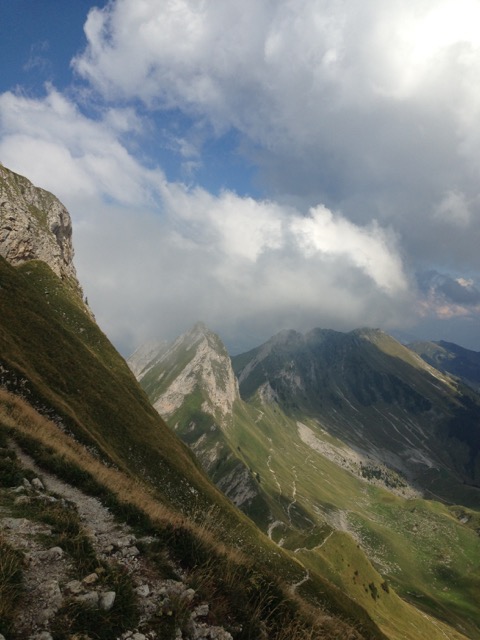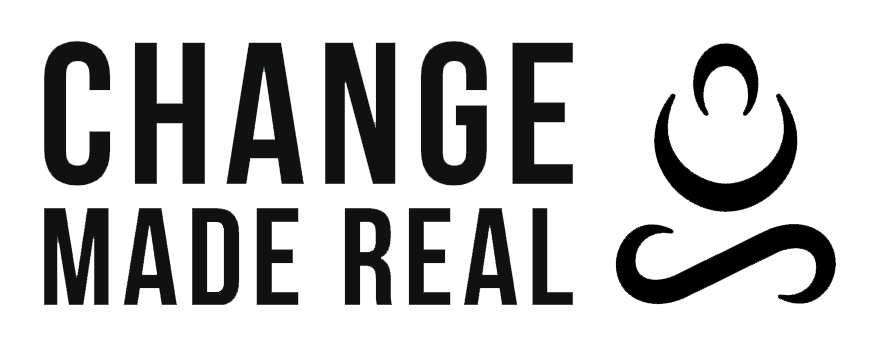09 Sep No-mind: the why, the what, the how
 Walking in the mountains of my youth.
Walking in the mountains of my youth.
Quickly falling into the rhythm known from childhood onwards.
Suddenly – present in the here and now,
No-mind happens.
Feeling physical relaxation at the back of the scull – the location of the limbic brain.
A bit higher up the mountain the terrain gets rocky and more difficult.
Concentrating on the track.
Again, thoughts disappear,
No-mind.
Reaching the peak.
Taking in the view.
Again, no-mind happens.
Silence.
On the decent.
Carefully choosing the next step.
Remembering books read in my youth – about mountaineers single handedly climbing mountains. Choosing more and more difficult routes – many consequently dying on the mountain.
So, what is this ‘no-mind’, and why do so many people aspire to it, both consciously and unconsciously?
Let me explain.
Some people would call such a walk in the mountains ‘recharging your batteries’, ‘coming back to yourself’, or just ‘a good physical exercise’. They feel tired and refreshed at the same time.
The no-mind bit happens when we are exclusively present in the moment. This can happen in various ways, as described above.
- We fall into a rhythm of a repetitive physical activity, such as walking, running or cycling
- We focus on a task that demands our full concentration
- We are exhausted from a physical activity and we come suddenly to a stop
- We find ourselves in a powerful and beautiful situation
An expression from Zen-Buddhism ‘no-mind’ describes a transcended and free mind, that is not limited by worries, desires, or preconceived ideas and images.
The result is wisdom, accompanied by compassion, expressed in the everyday life when associating with one’s self, people, and nature.
In essence, it’s the space we are all looking for. Some do it consciously, others unconsciously.
The mountaineers in those books did it unconsciously, and had to choose more and more difficult challenges the better they got. Driving cars fast is another example.
Others go running or cycling.
When we’re aware of what we are actually looking for in these activities we have more choice – and maybe don’t have to risk our lives in the process of achieving it.
Now over to you. How can you find this beautiful space in yourself, consciously? Without risking your life, or that of others?
Experiment with the points above to find what suits you and your situation, and watch what happens. There are also many, more structured, practices out there that can help you.
And, if you feel you have no progress, no matter what you try – or, that something is blocking you – you can get in contact with me. I’m here to help you help yourself, as always.
I believe that everybody can have meaning and purpose in their life.
Preeti

